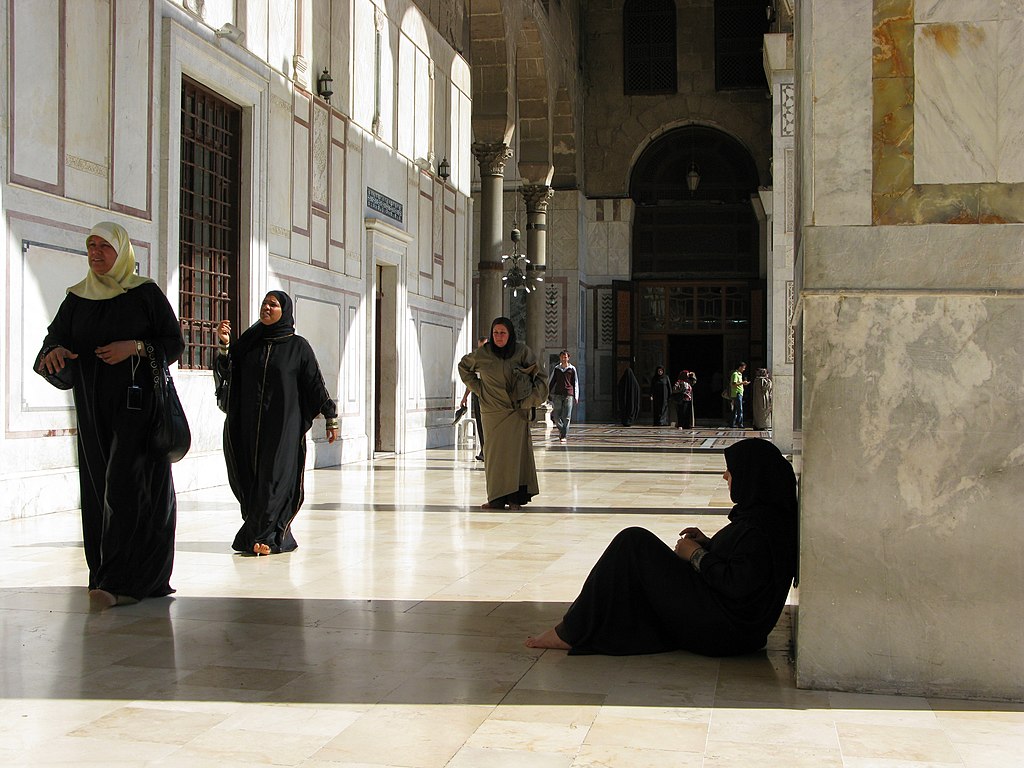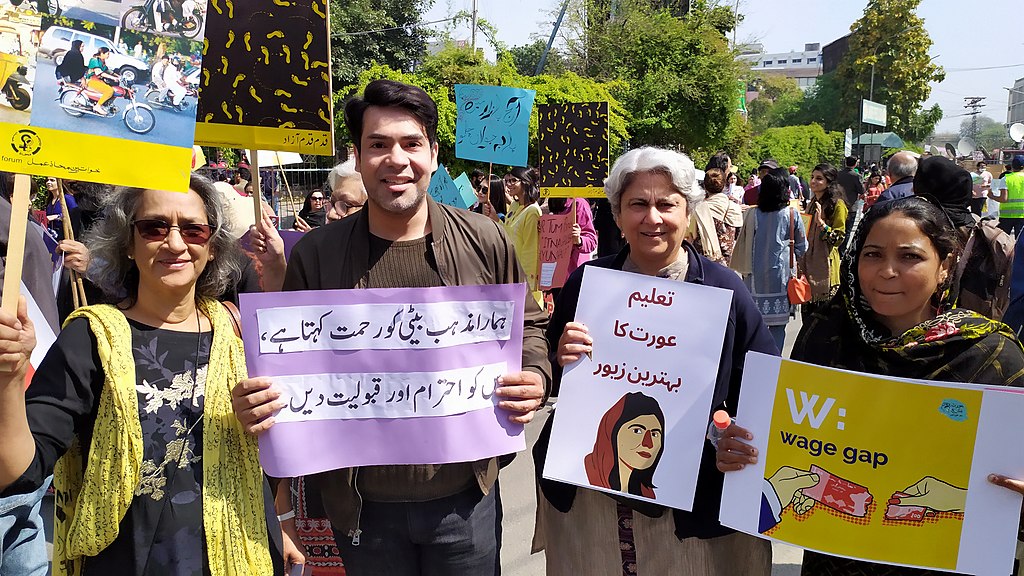This is a summary of the original article by Pew Research Center that may be found here
The COVID-19 pandemic has had a significant impact on religious communities around the world, with many countries implementing restrictions on gatherings and ceremonies as a way to control the spread of the virus. These restrictions have had varying effects on different religious groups, depending on the specific measures implemented and the unique characteristics of each group.
The Pew Research Center analyzed data from more than 200 countries to understand the impact of COVID-19 restrictions on religious groups in 2020. The study found that restrictions on religious gatherings and ceremonies were widespread, with more than 80% of countries implementing such measures at some point during the year. However, the specific measures and their intensity varied widely across countries and regions.
In some countries, restrictions on religious gatherings and ceremonies were relatively mild, such as limiting the number of attendees or requiring social distancing measures. In other countries, these measures were more severe, such as banning all religious gatherings or closing places of worship entirely. Some countries also imposed fines or other penalties for attending religious events or participating in religious activities.
Overall, the study found that restrictions on religious gatherings and ceremonies were generally more common in countries with higher levels of government restrictions on religion. These countries were more likely to implement more severe measures, such as banning all religious gatherings or closing places of worship, and were more likely to enforce these measures through fines or other penalties.
The study also found that certain religious groups were more affected by restrictions on gatherings and ceremonies than others. For example, restrictions had a greater impact on smaller, more sectarian groups that rely heavily on in-person gatherings for their spiritual and social practices. These groups may have had more difficulty adapting to virtual or alternative ways of worshipping.
In contrast, larger, more mainstream religious groups that have a wider range of activities and resources may have been better able to adapt to restrictions and continue their religious practices in alternative ways. For example, many Christian churches have started holding services online or outdoors, while some Muslim communities have turned to pre-recorded sermons or prayer sessions over social media.
Overall, the study highlights the complexity of the impact of COVID-19 restrictions on religious groups and the need for a nuanced approach to understanding the different experiences of these groups. It also emphasizes the importance of considering the unique characteristics of each group and the specific measures implemented in each country when evaluating the impact of these restrictions. The pandemic has had a significant impact on religious communities around the world, and the effects of these restrictions are likely to continue to be felt for some time.
The views expressed herein may not necessarily reflect the views of JI FAD and/or any of its affiliates






